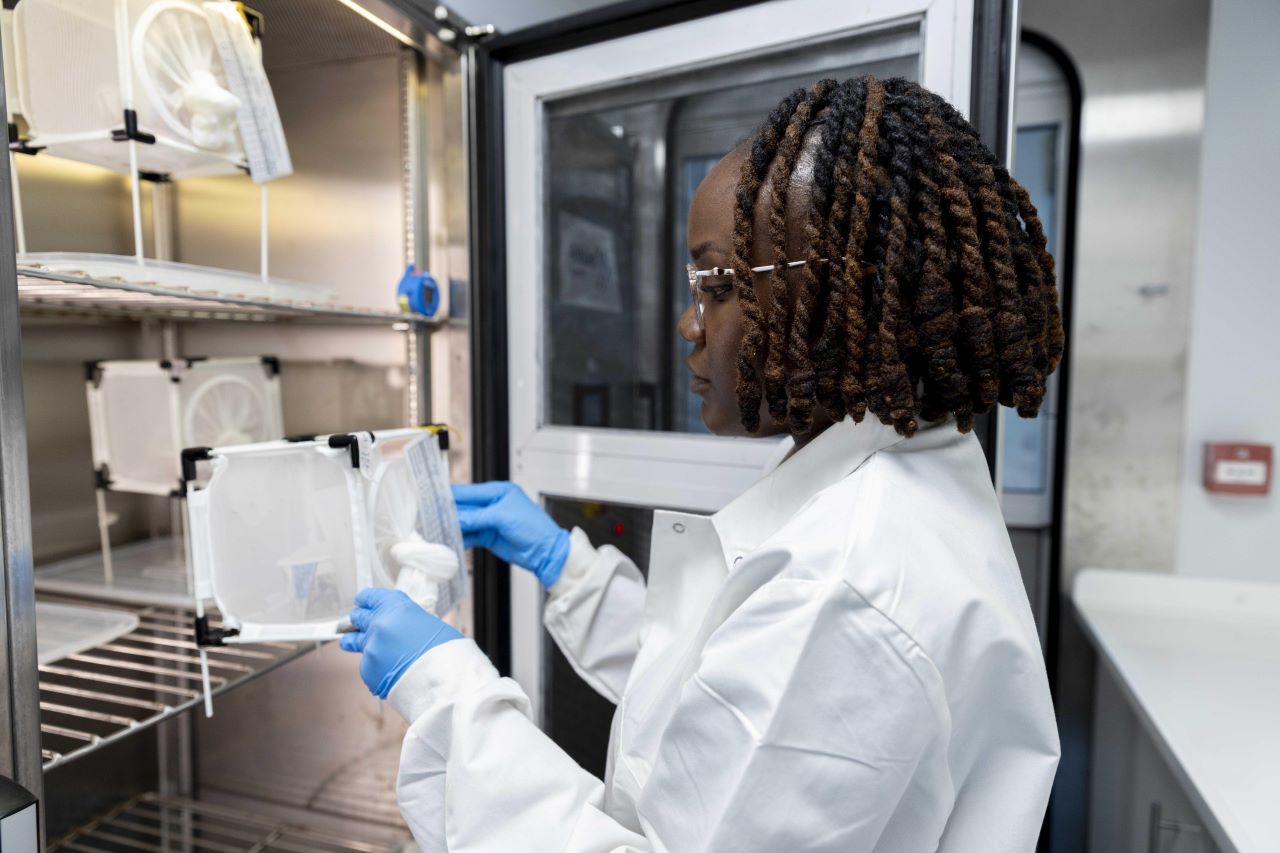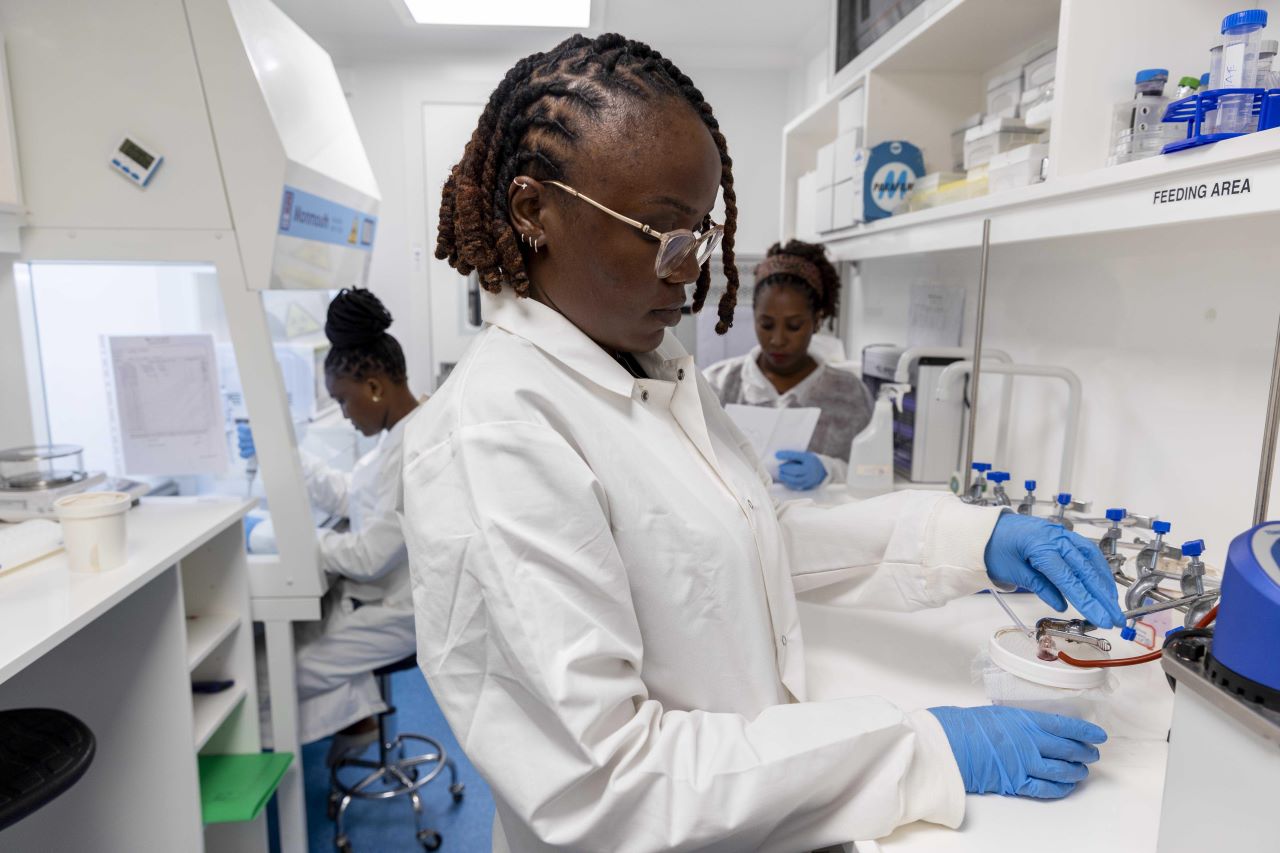In 2015, the United Nations General Assembly declared February 11 as the International Day of Women and Girls in Science. This initiative aims to promote gender equality and inspire more women and girls to pursue careers in science, technology, engineering, and mathematics (also known as STEM subjects). On February 11, 2025, the world celebrates a decade of progress and continued efforts to bridge the gender gap in these fields.
In the quiet labs of Tanzania, exciting research is unfolding. Scientists are working hard to develop genetically modified mosquitoes that are unable to spread malaria. Could this innovative approach one day be used to curb the disease?
At the forefront of this effort is Transmission Zero, a groundbreaking international collaboration dedicated to developing innovative genetic solutions to combat malaria. The initiative brings together the Ifakara Health Institute (IHI), the Tanzania National Institute for Medical Research, the Swiss Tropical and Public Health Institute (Swiss-TPH) and Imperial College London.

Research Scientist Prisca Kweyamba, Transmission Zero, Ifakara Health Institute (IHI), rearing malaria mosquitoes in IHI’s laboratory in Bagamoyo, Tanzania. Photograph: Transmission Zero
At the heart of the programme is a state-of-the-art research facility at IHI in Bagamoyo, Tanzania, which is pivotal for conducting this research in a malaria endemic setting. The Containment Level 3 facility provides a controlled environment to safely rear genetically modified mosquito populations. The cutting-edge infrastructure enables scientists to develop and test novel malaria control strategies, ensuring that interventions are both regionally relevant and impactful.
A significant breakthrough achieved through this project is the generation of the first transgenic mosquito strain to be made in Africa. This marked a major milestone, demonstrating the region’s capacity to lead genetic research for public health solutions.
In a landmark study, we exposed genetically modified mosquitoes of the Anopheles gambiae species – one of the main vectors of malaria – to Plasmodium falciparum isolates from naturally infected individuals to assess their effectiveness in blocking malaria transmission. The findings – which are due to be published soon in a scientific paper – could provide the first direct evidence that these mosquitoes are able to significantly reduce parasite transmission, a promising step in the fight against malaria.

Researchers at IHI’s laboratory in Bagamoyo, Tanzania. Photograph: Transmission Zero
Beyond genetic modification, additional studies were conducted as part of my doctoral research to explore the vector competence of different mosquito species in East Africa. Through experimental feeding of the malaria-transmitting mosquitoes An. gambiae s.s., An. funestus s.s., and An. arabiensis with blood from malaria-infected individuals, we revealed significant variations in infection prevalence and intensity among species. Notably, An. funestus s.s. demonstrated the highest prevalence and intensity of infection, highlighting its significant role in malaria transmission in this region.
These findings emphasize the need to incorporate An. funestus into malaria transmission-blocking assays. They underscore the importance of developing genetically modified An. funestus mosquitoes and testing their effectiveness against malaria parasites from naturally infected populations. As the fight against malaria progresses, inclusive and multifaceted strategies targeting multiple mosquito vectors will be crucial for sustainable elimination efforts.
This research is a testament to the role of women in driving scientific innovation. Through initiatives like Transmission Zero, women in science are not only advancing knowledge but also pioneering potentially lifesaving solutions for communities most affected by malaria.
